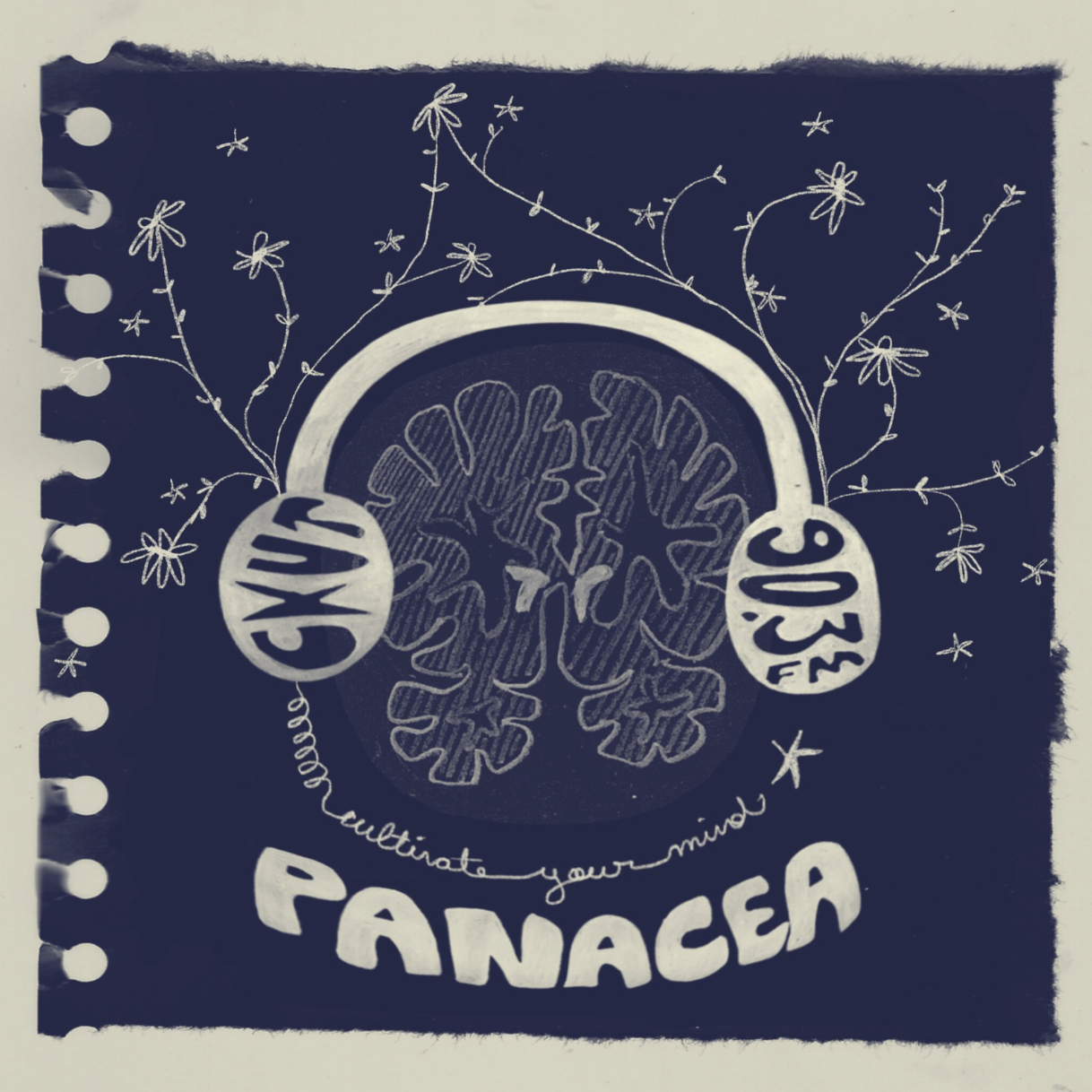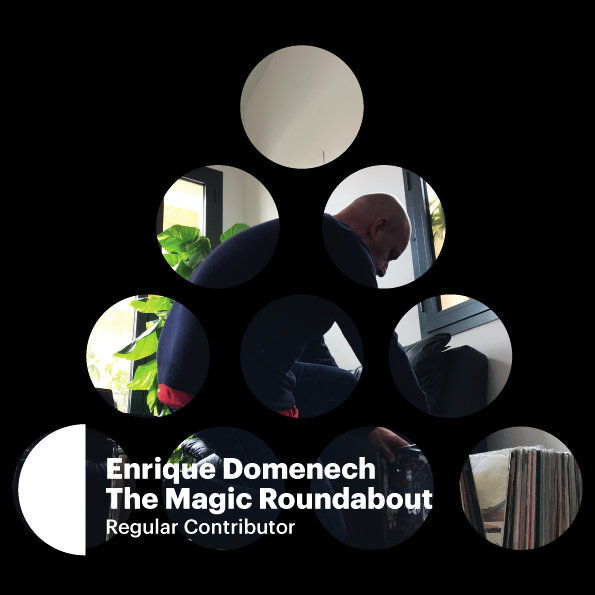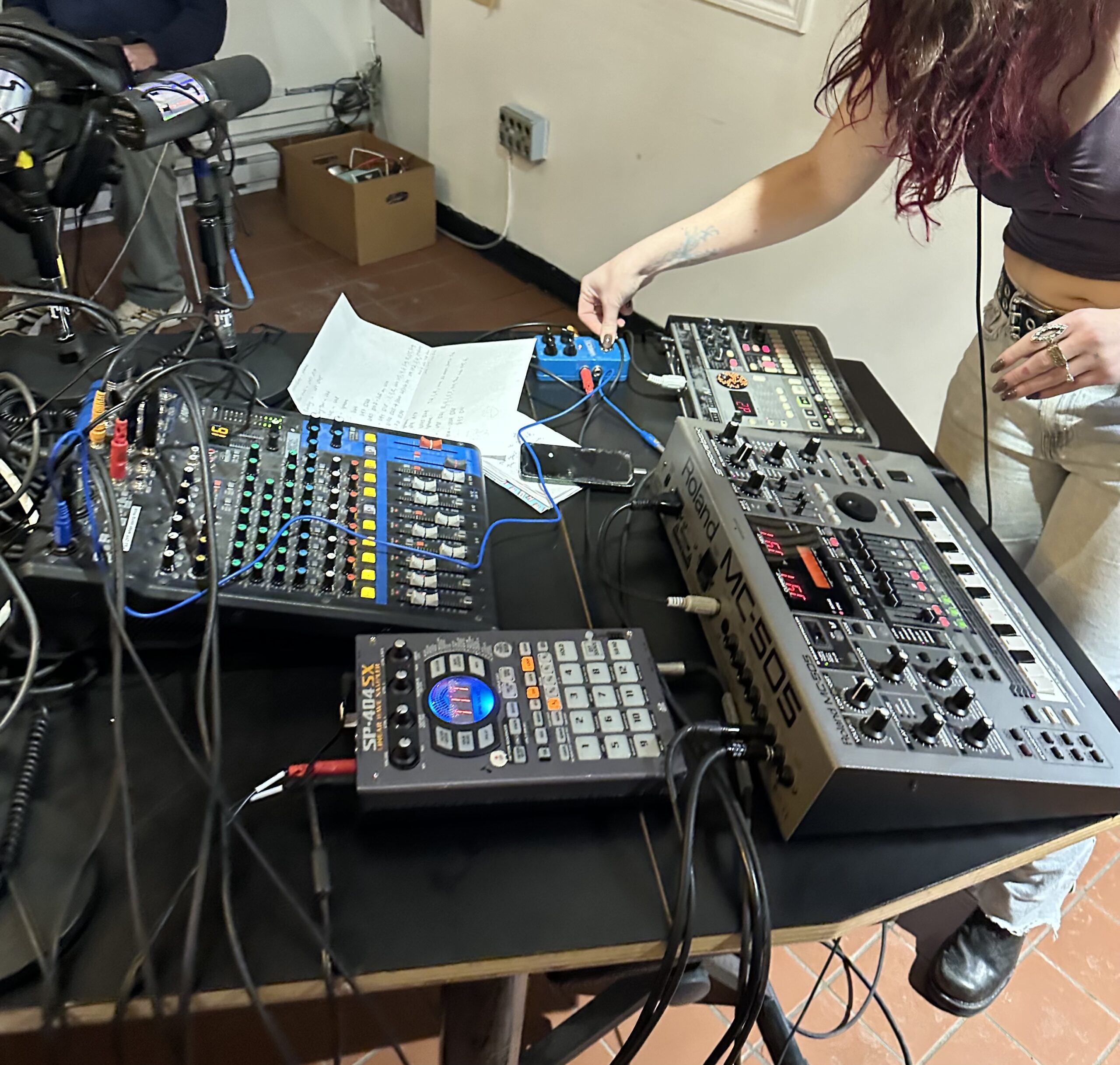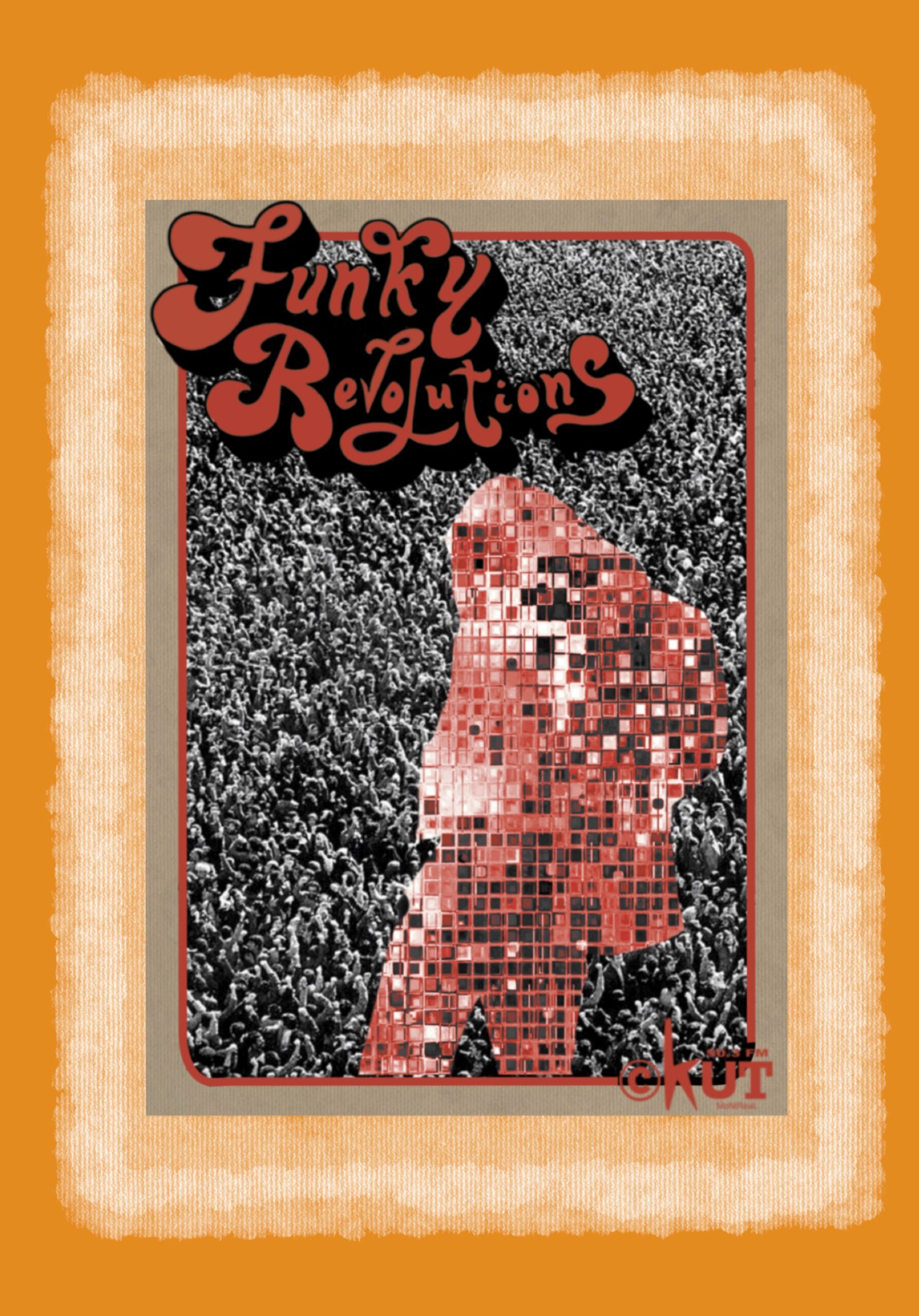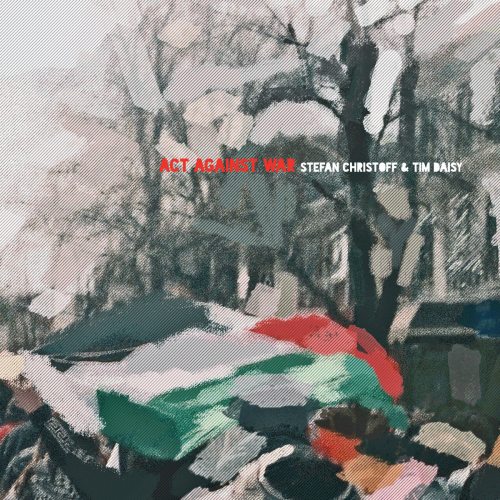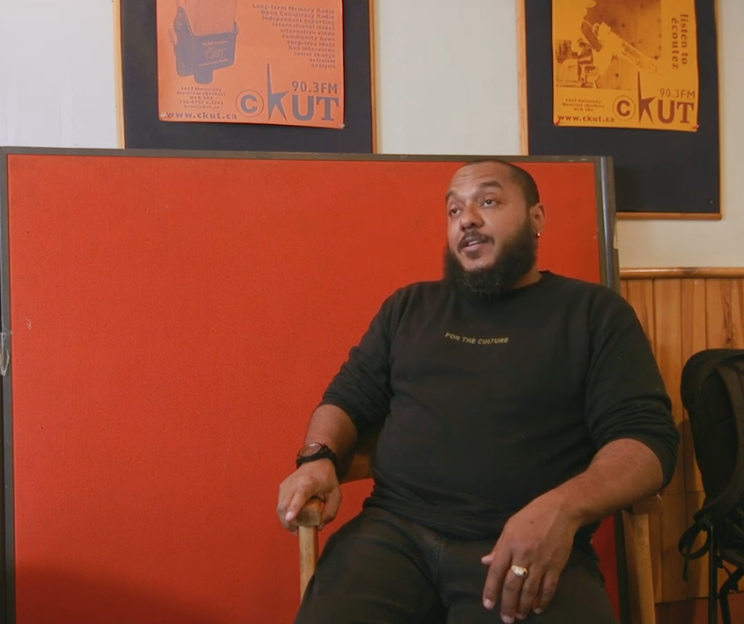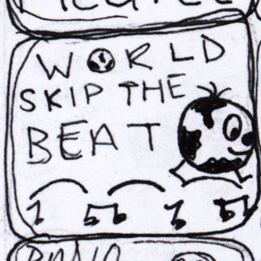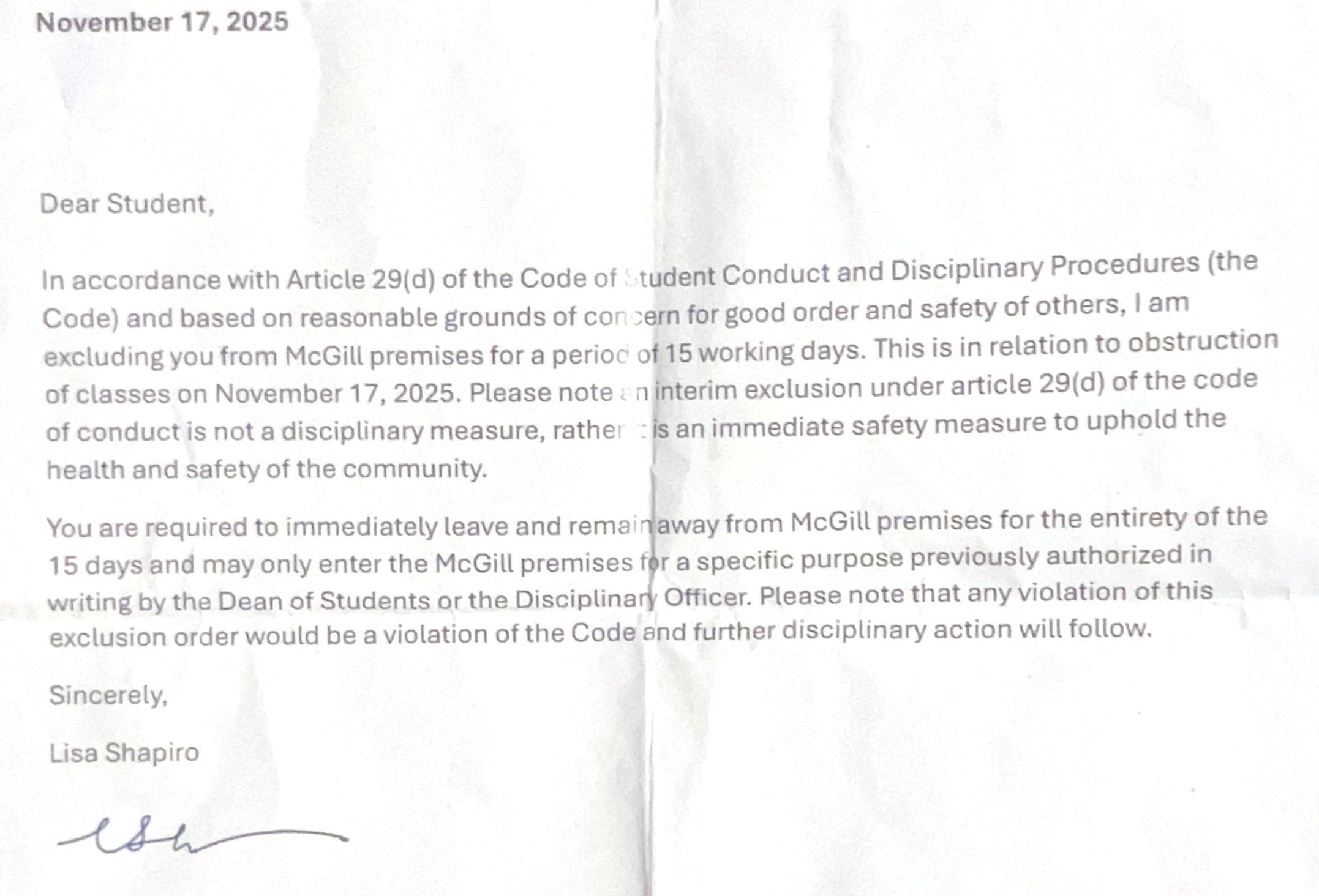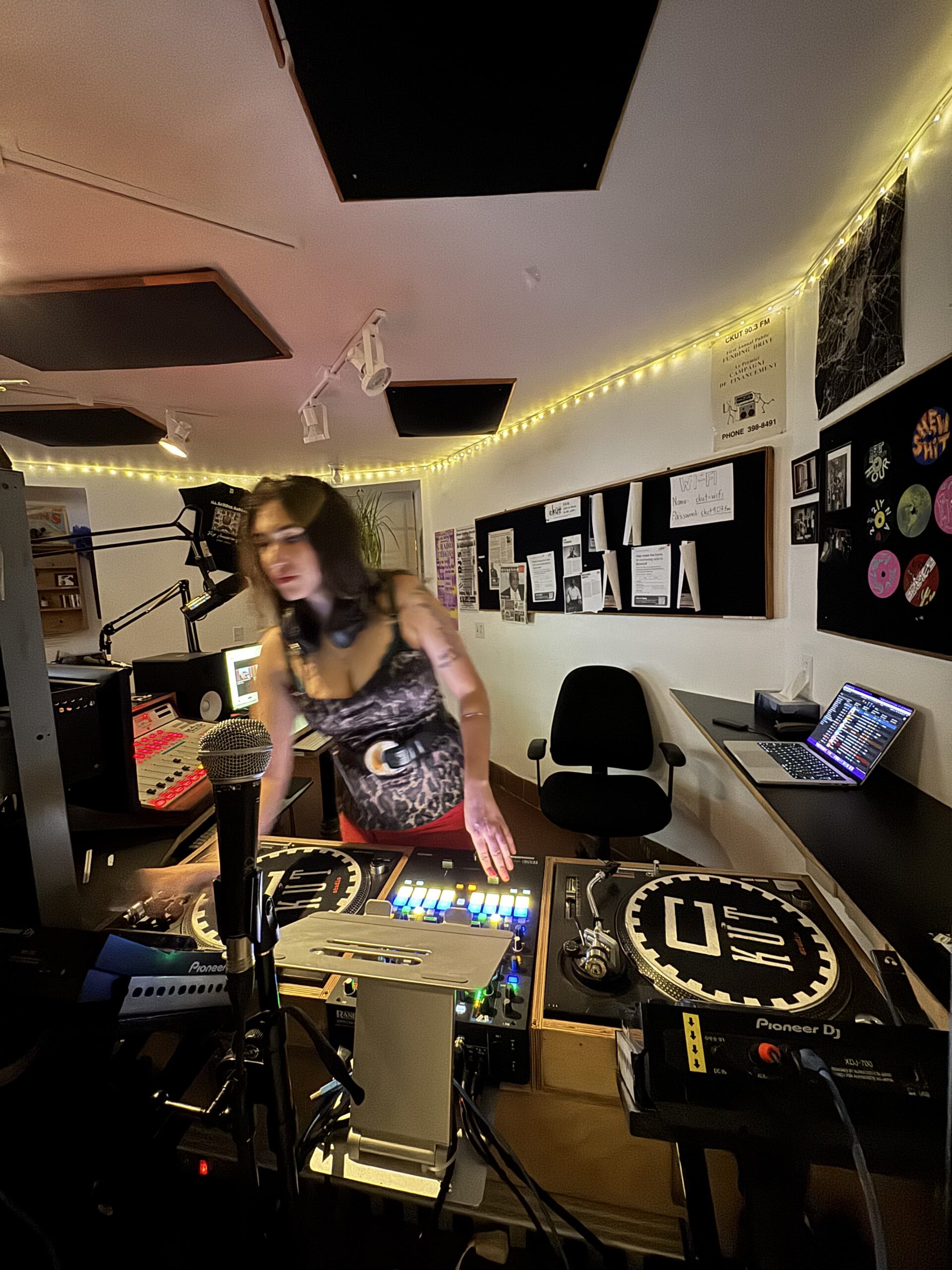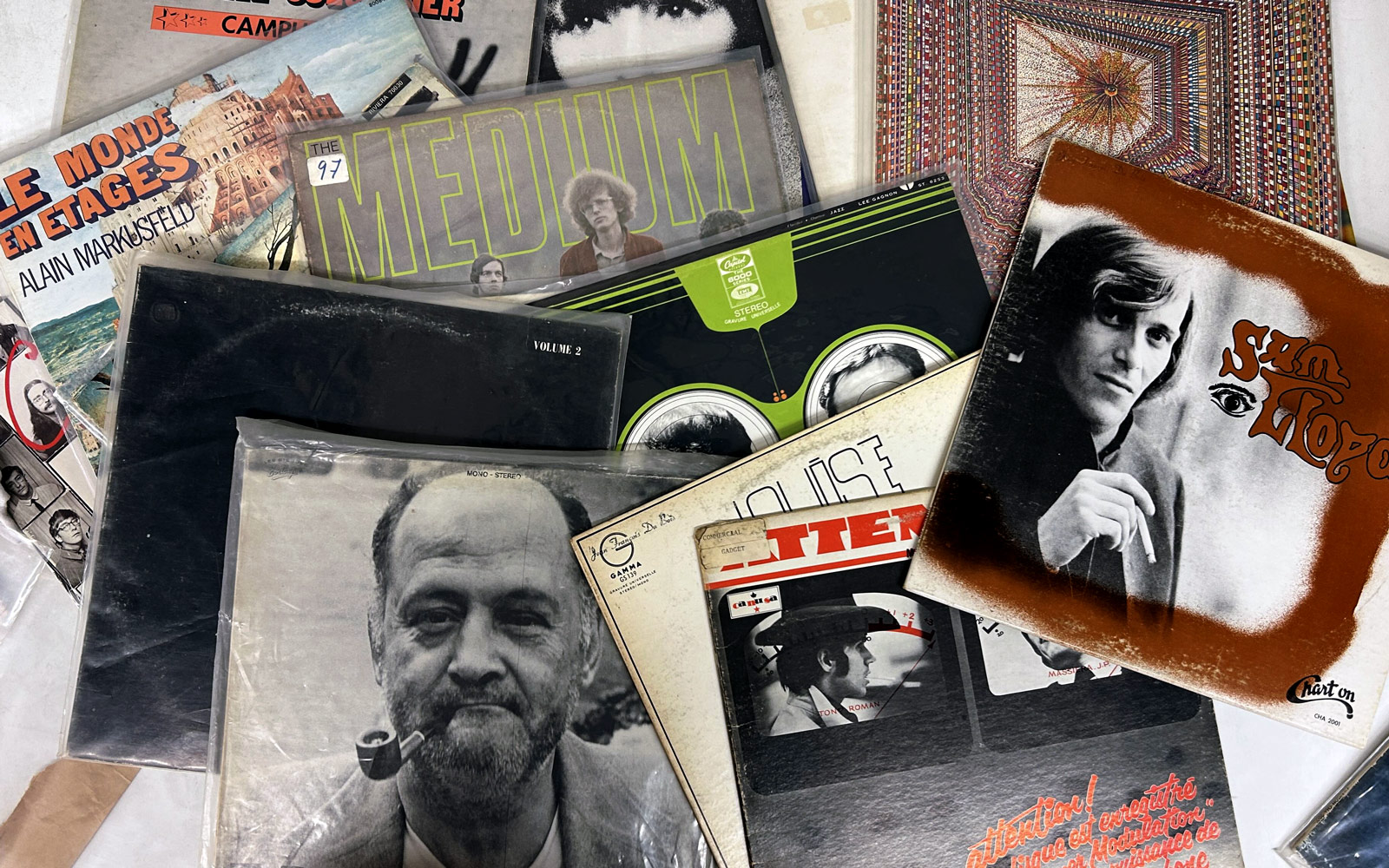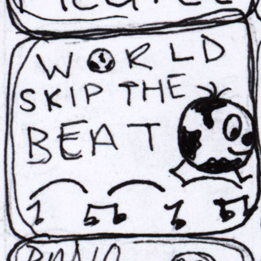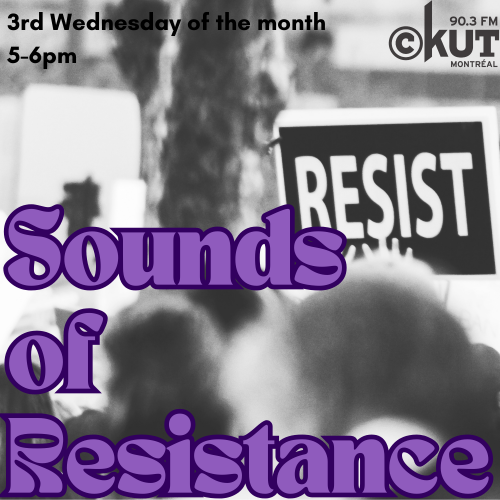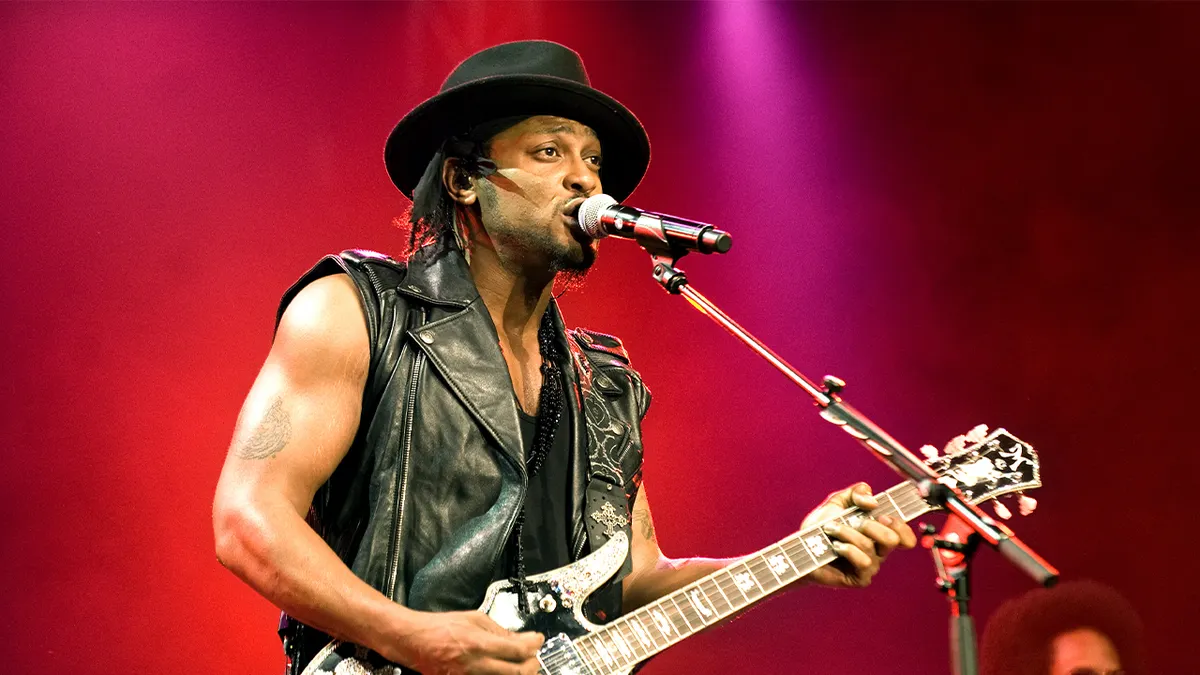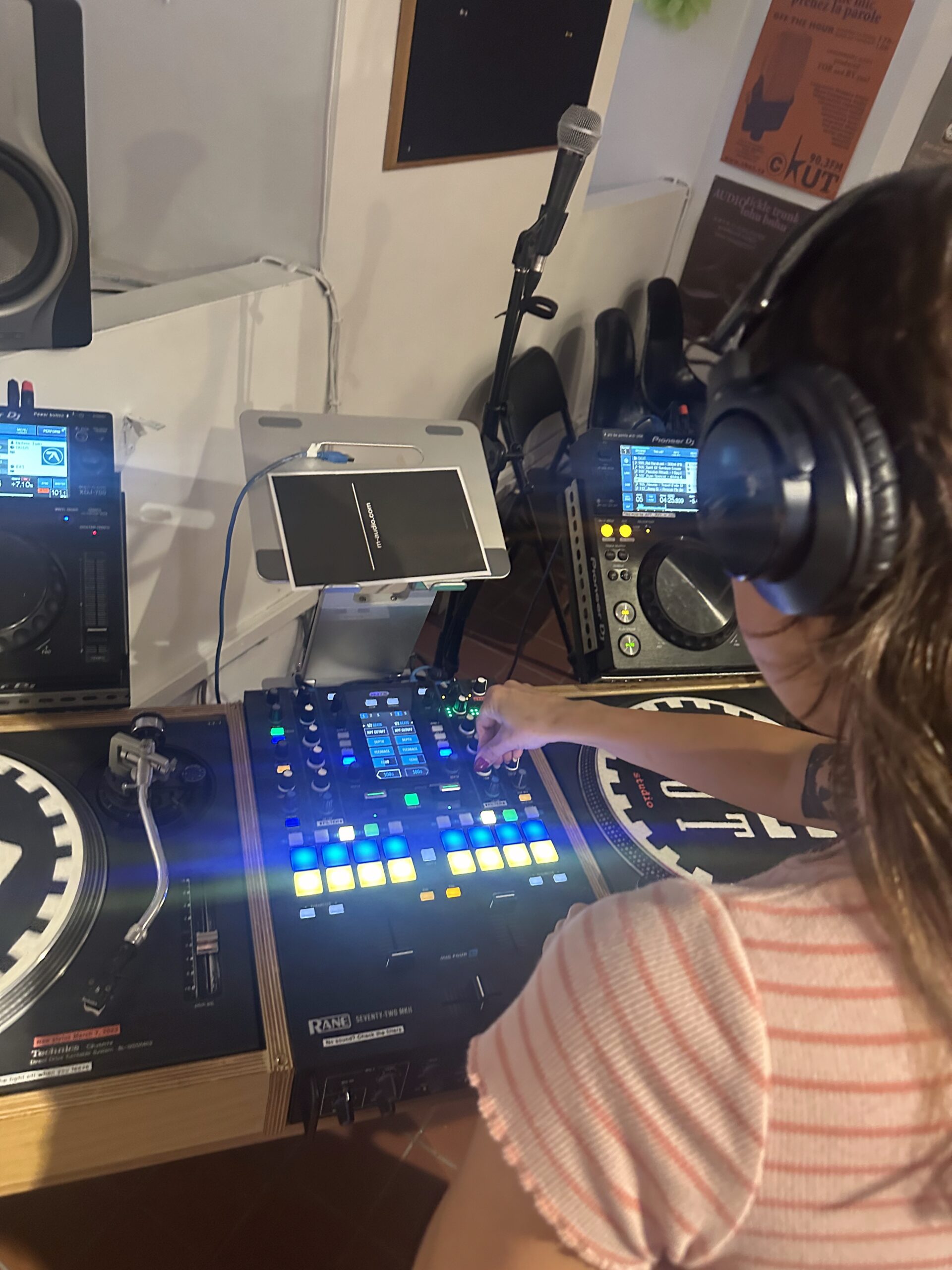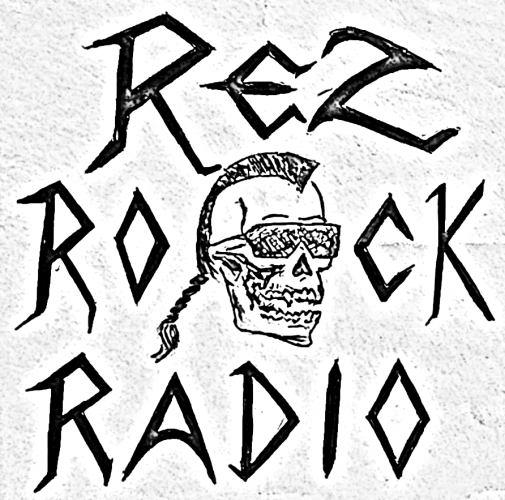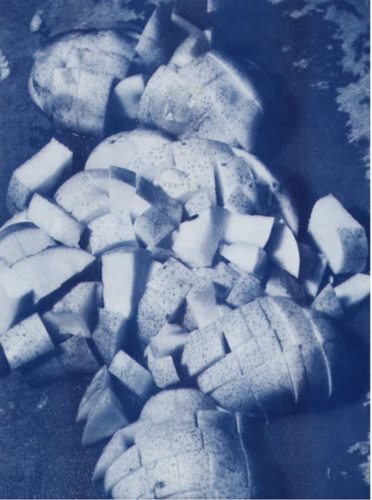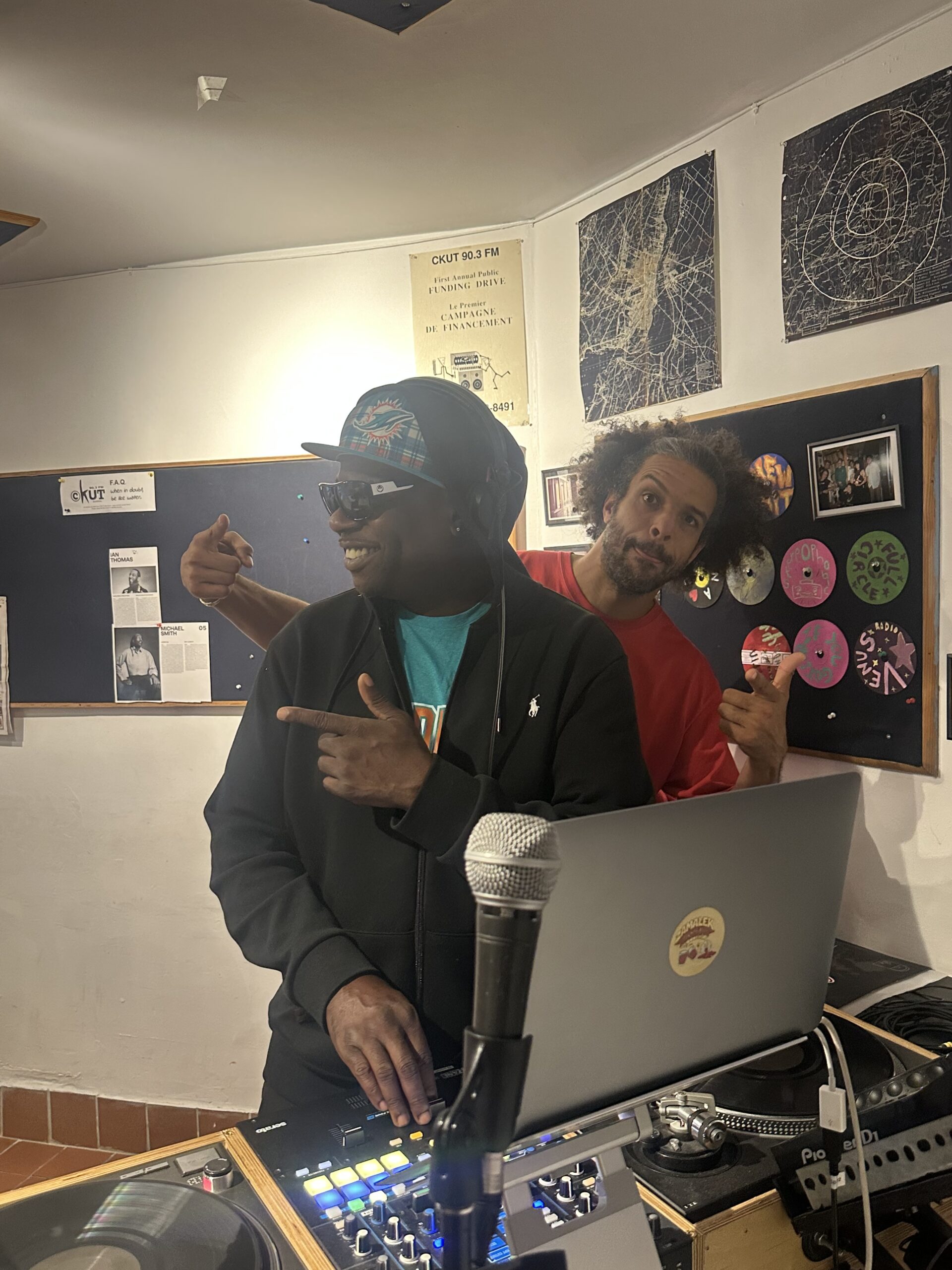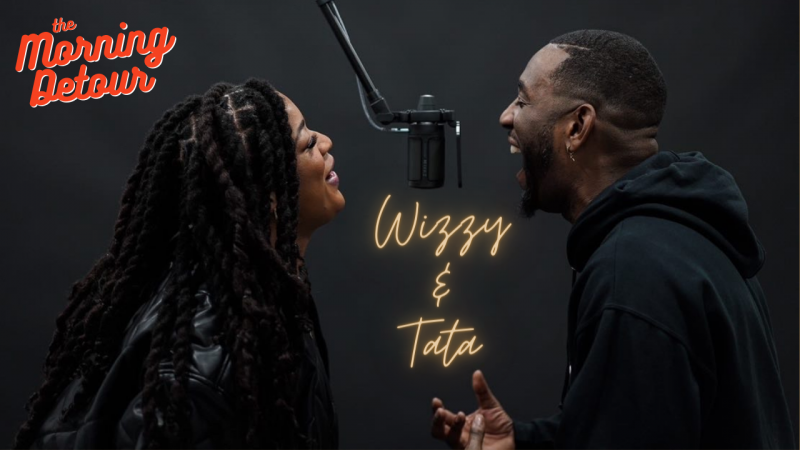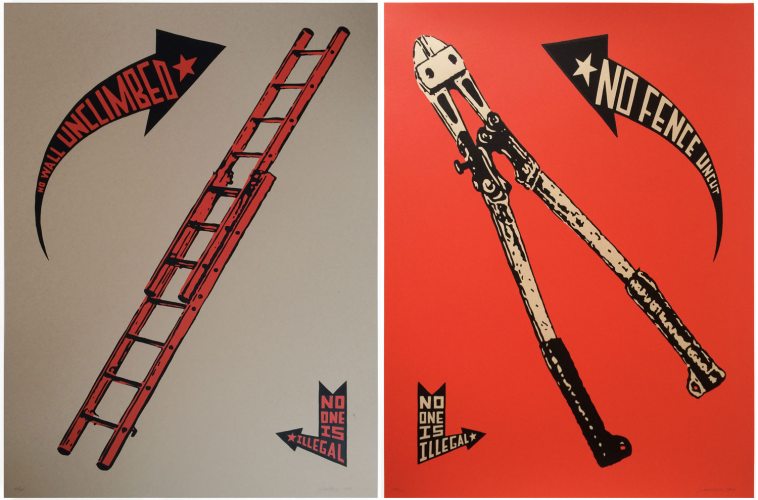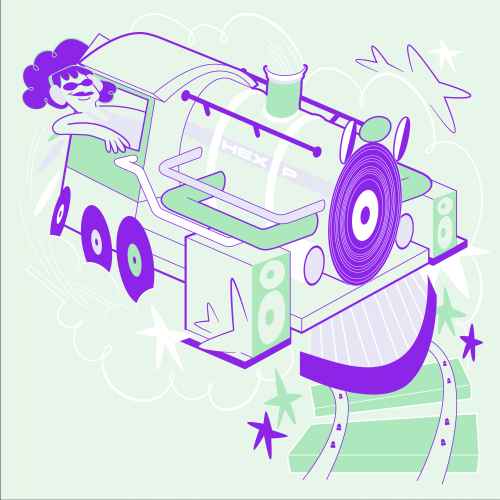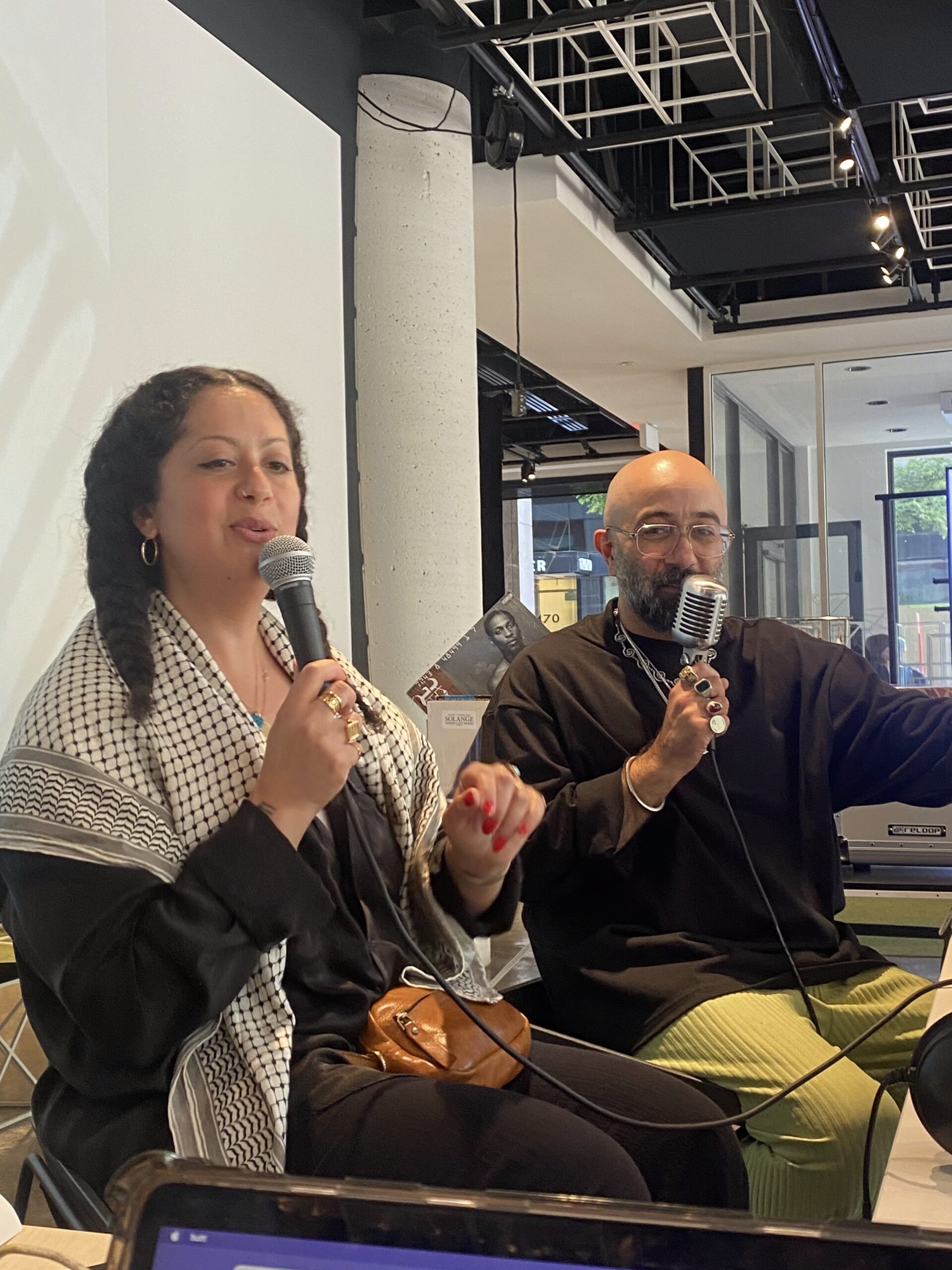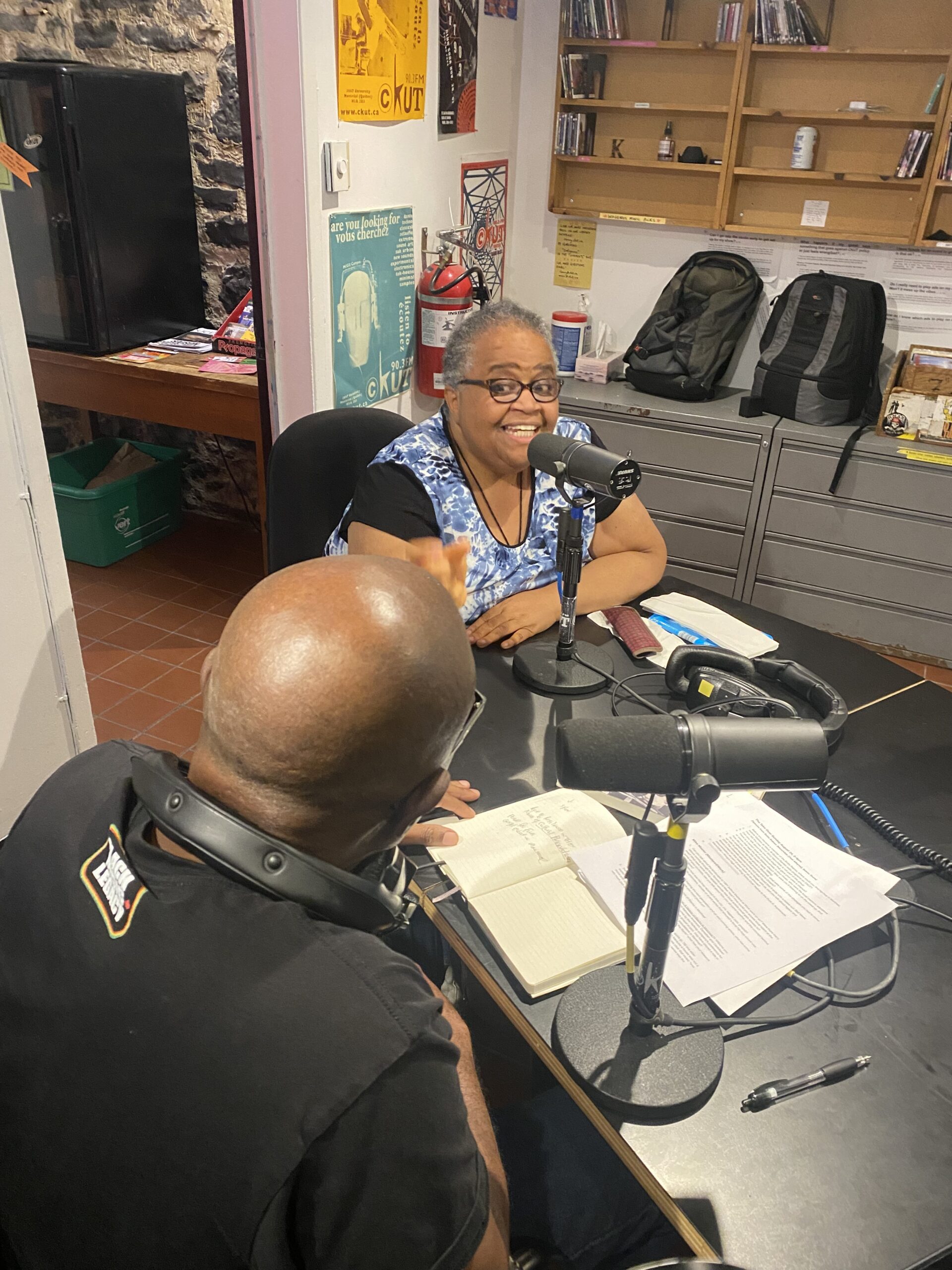Review: Toward Prophetic Resonance – A conversation about voice, funk, spirit and democracy with Dr Cornel West
A conversation on blues and jazz, funky love, and catastrophe.
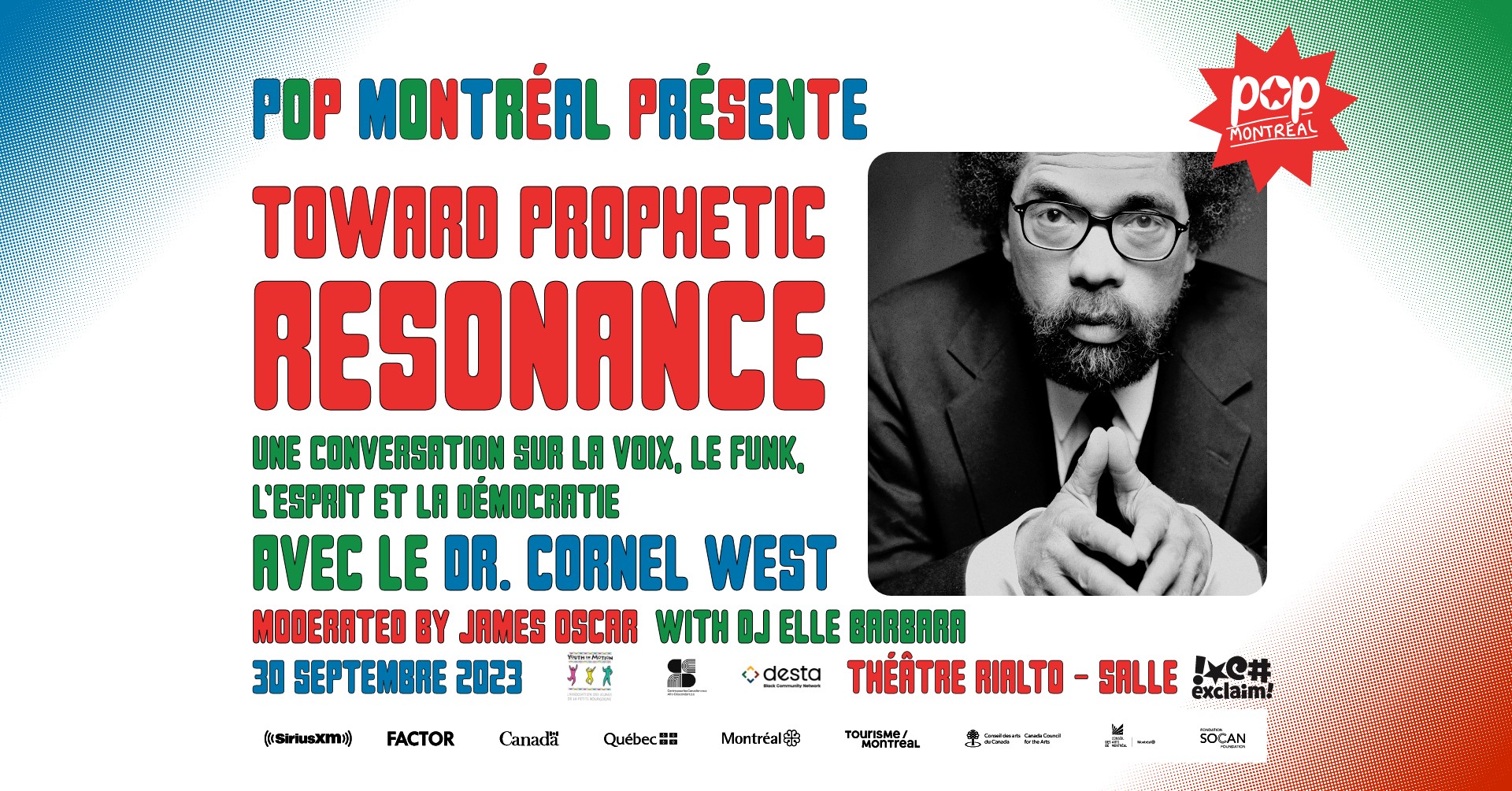
by Karla Stephan
September 30, 2023
I had the absolute honor of attending Dr. Cornel West’s talk on Saturday, September 30th, hosted by POP Montreal as a part of their Music Festival event. Dr. Cornel West is an American activist, professor, philosopher, artist, and now the Green Party’s 2024 presidential nominee. West’s “Toward Prophetic Resonance – A conversation about voice, funk, spirit, and democracy” was moderated by Montreal-based anthropologist James Oscar and followed a performance by Montreal artist Elle Barbara. In light of Dr. West’s comprehensive and notorious work–well known to many, including me–and considering the current political landscape in the U.S., the talk was a must-see. It felt like a sermon, a performance. The passion with which he spoke truly captivated the audience.
In these catastrophic social, political, and environmental times, Dr. West emphasized the need for deep love and deep music. He continuously prioritized the importance of connections to the Blues and Jazz throughout the speech. In a nutshell, my main takeaway from this conversation is the intersection of music and political and societal pressures.
In conversation with West, James Oscar cited the following quote from the graffitied walls of Paris in 1968: “The more I make love, the more I want to make the Revolution, the more I make the Revolution, the more I want to make love.” What a powerful message! Love and revolution go hand in hand, and I think now is an important time to recognize this need for love. Agreeing with Oscar, Dr. West spoke to the beauty in the fight for justice, the love, the adrenaline, the embodiment, and the resonance that goes into it. He emphasized that deep love is different from the surface level, and he compared this love to the music of John Coltrane and Kenny G. While Kenny G’s music is good, he doesn’t have the dignity, depth, and soulfulness in his sound that Coltrane does. West says we need funky love with the same dignity, depth, and soulfulness because that funky love serves as an escape from dark moments in life.
West explains that there has never been a race ‘problem’ in America, there have instead been catastrophes thrust upon Black, indigenous, and Brown people. We cannot reduce catastrophes as a ‘problem’ for their victims that can be resolved. He explains how “Strange Fruit” by Billie Holiday utilizes the metaphor of bodies hanging from trees to convey the brutality of racial violence in the United States and its existence as a catastrophe, not a problem. West warns that we cannot allow catastrophe to have the last word. Our last word should be based on courage, service, and love. Our last word should be “style and a smile.” In a world where catastrophe is all around us, it was refreshing to hear that we can combat the catastrophe with the power of love and music.
To West, Blues and catastrophe go hand in hand. The Blues began with catastrophe and encapsulated it at that deep level. Blues is not just music but a way of life; “It don’t mean a thing if it ain’t got that swing,” referencing Ella Fitzgerald and Louis Armstrong’s song. Improv in jazz is inseparable from catastrophe and swing. Music is necessary to cope with catastrophe–it helps us to better understand it by using a universal language to communicate complex ideas. Real Jazz is about putting pain into sound. Real jazz is about pouring deep love to help people through tough times. Dr. West recommends that the youth use music to resist the teachings of accepting and adjusting to injustice and indifference–which leave our souls and minds empty. Music is a threat to educational systems because music appeals to humanity in the deepest sense.
I want to leave you with three pieces of advice from Dr. West that I found helpful.
First, when asked about his scaffolding of support, he said there is a whole new world in books and music, and they can serve as an intellectual relative. He listens to Curtis Mayfield, Blue Magic, Stevie Wonder, Public Enemy, etc. It is important to recognize–-especially for those who don’t have direct mentors–that it’s easy to feel like we are navigating this world alone but that there are mentors among us in all aspects.
Second, when Oscar asked how West keeps it together, he answered with “Keep the groove,” “Keep the vibe right,” and “Listen to a lot of music.” He explained that he doesn’t meditate like Angela Davis; instead, he goes to the nightclub. This reminded me that things don’t have to be so serious all the time and that people can cope with the world in different ways. I resonate with listening to music and keeping the vibe of Dr. West.
Third, he also said that he’s had so much love coming at him and that love is his oxygen and wind. To connect back to deep love and music he explained that if something doesn’t die in you, it’s not in love. Narcissism and ego have to die in order to welcome love and make space for a sense of “us.” Being 19, this advice excited me to experience love in its full and deep sense and made me aware that this was an aspect of self to look out for. Love is not romantic, it is existential at its deepest levels. He then connected it to John Coltrane’s song “Love Supreme” and the real depth and love and pain that is in it.
I have created a little playlist of the songs and artists Dr. West mentioned throughout the talk and hope it inspires others in the way it inspired him.
PLAYLIST:
Just Don’t Want to Be Lonely – Blue Magic
Stop to Start – Blue Magic
Stevie Wonder Anita love
The Thrillers
Same song play like Monk
Curtis Mayfield
Blue Magic
Stevie Wonder
Public Enemy
Precious Lord Thomas Dorsey
Nina Simone
Prince
Curtis Mayfield prince album
Love Supreme – John Coltrane
Motown
